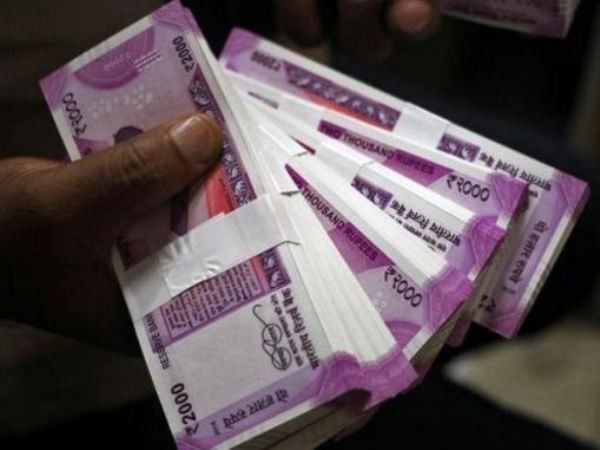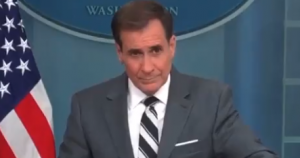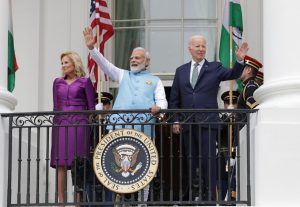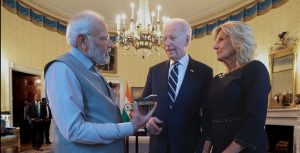Prime Minister Narendra Modi was not in favour of issuing currency notes worth Rs 2000 after demonetisation but ‘went along with the consensus out of deference for the institutional framework’, wrote Nripendra Misra, former secretary to the PM.
Misra, who served as the principal secretary to the PM between 2014 and 2019, wrote in a column that the Prime Minister in the build-up to demonetisation was not entirely convinced of the idea to release tenders worth Rs 2000. However, he accepted the suggestion of those who ‘felt that speedy printing’ of the legal tender would ‘increase the availability of cash.’
Misra, in a column for Times of India, wrote, “He fully owned the decision and never blamed his advisers.”
On November 8, 2016, the government of India had announced its decision to cancel legal tenders of Rs 1000 and Rs 500, in what it termed an effort to curtail black money and reduce the use of counterfeit currency in the country. The Modi government had stated that high-value notes were used by tax-evaders and amassed by hoarders.
In the months following demonetisation, there were prolonged cash shortages across the country as reported by several media outlets. A Huffington Post article on November 15, 2016, stated that the death toll due to demonetisation in the country was 25, and added that the decision took ‘a huge toll on people.’
As per a 2018 Reserve Bank of India report, approximately 99.3% of the demonetised banknotes had been deposited with the banking system.
In his column, Misra also wrote that the Modi government is attempting course correction by discouraging printing notes of the denomination of Rs 2000. The RBI’s annual report of 2019-20 has already revealed that no new notes of Rs 2000 were printed in the year. Similarly, the report has also stated that there has now been a sharp rise in the detection of fake notes worth Rs 200 and Rs 500.






